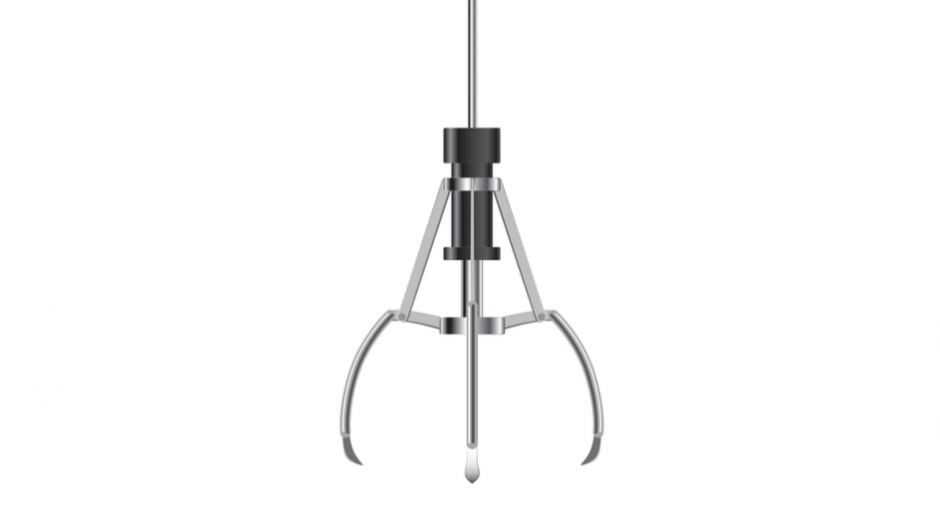The Centers for Medicare & Medicaid Services (CMS) yesterday proposed changing Medicare Part D rules to curb plan sponsors and pharmacy benefit managers’ skyrocketing use of direct and indirect renumeration fees (DIR)—PBMs’ controversial practice of clawing back drug payments to pharmacies after the point of sale.
According to CMS, DIR fees have soared from $8.6 million in 2011 to $9.5 billion in 2020. Pharmacy organizations have been lobbying Congress and various administrations to address the matter for years with no success.
“We now understand that the reasonably determined exception we currently allow applies more broadly than we had initially envisioned because of the shift by Part D sponsors and their PBMs towards contingent pharmacy payment arrangements,” CMS said in its proposal.
Meanwhile, Part D premiums have barely budged during that time, with annual increases averaging about 1%, and the average basic premium declining since 2017 “as sponsors projected in their bids that DIR growth will outpace the growth in projected gross drug costs each year,” according to CMS.
Both the National Community Pharmacists Association (NCPA) and the American Pharmacists Association (APhA) say DIRs have caused smaller pharmacies to close. NCPA sued the U.S. Health and Human Services Department (HHS) in January 2021 over permitted DIR practices; APhA joined the suit three months later.
Aside from the burden on pharmacies, CMS has concluded the excessive use of DIRs can lead to cost-shifting that imposes an unintended financial burden on Part D beneficiaries.
As a result, CMS proposes to delete the current definition of “negotiated prices” under which DIRs are based “and to add a new definition of ‘negotiated price’ to make clear that a negotiated price can be set for each covered Part D drug, and the amount of pharmacy price concessions may differ on a drug-by-drug basis.”
The term “negotiated price” would also be tied “to the lowest amount a pharmacy could receive as reimbursement for a covered Part D drug under its contract with the Part D sponsor or the sponsor’s intermediary.” And DIRs would be imposed only at point-of-sale, not retroactively.
CMS said “requiring that all pharmacy price concessions be included in the negotiated price…will lead to more accurate comparability of drug prices, Part D bid pricing, and plan premiums, and that the change “should center the (Part D) beneficiary by allowing them to better compare between plans’ cost sharing and premiums, so that beneficiaries are able to identify the plan that best meets their individual needs.”
The change would also eliminate “unfair competitive advantages accruing to one sponsor over another based on a technical difference in how costs are reported,” CMS said.
Pharmacy Group Reactions
APhA and NCPA praised CMS’s proposed rule.
“We appreciate CMS’ bold proposed action to lower patients’ out-of-pocket costs at the pharmacy counter, which responds to APhA’s years of advocacy to eliminate Part D plans’ and PBMs’ harmful use of retroactive DIR fees,” said APhA Executive Vice President and CEO Scott Knoer.
“This is an encouraging development,” said NCPA CEO B. Douglas Hoey. “After many years and multiple administrations, this is as close as we’ve ever come to reforming pharmacy DIR fees.”
PBM Association Reaction
Pharmaceutical Care Management Association (PCMA), the national association representing PBMs, said it was reviewing CMS’s proposed rule.
“However, previous point-of-sale proposals in Medicare have not advanced because they would significantly increase Medicare spending,” PCMA President and CEO JC Scott said.
“Pharmacy DIR represents value-based contracting in Medicare Part D and is designed to improve pharmacy quality and safety for beneficiaries,” Scott said. “We look forward to working with CMS on ways to enhance the use of value-based contracting rather than limiting this important tool.”
CMS is accepting public comments on its proposed rule until March 7.


